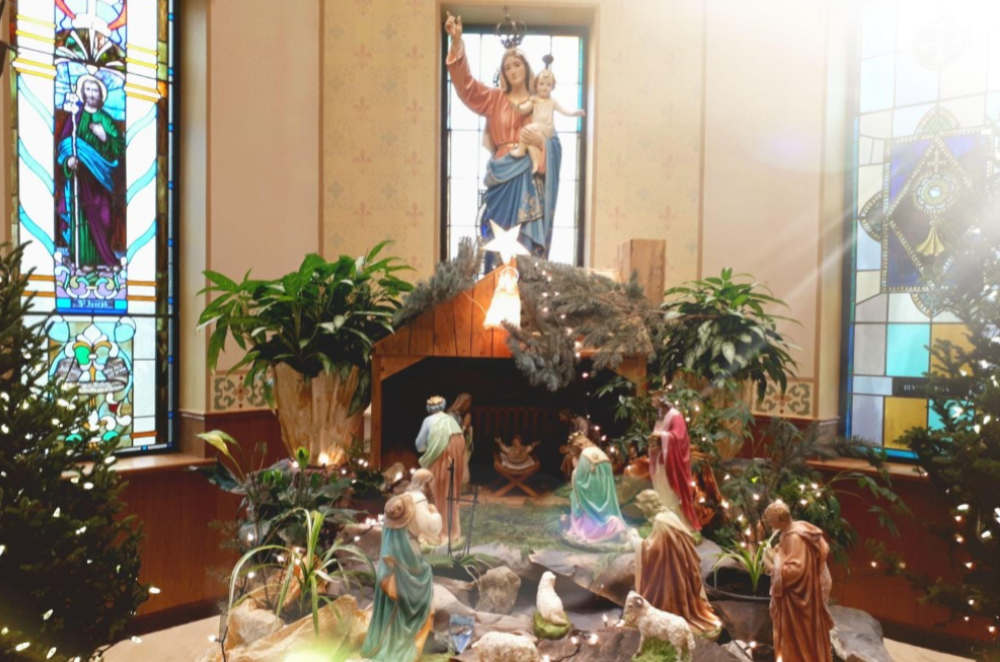- Home
- 우리들의 공동체
- 우리들의 신앙
- Sacraments at St Joseph
- 본당 생활
- 게시판
- 연락처
- Search

THE WORD BECAME FLESH - HOPE IS BORN

On Christmas Day we celebrate the appearance on earth of God in our human nature. This is the “miracle of the Incarnation”.
For by becoming man, Jesus did not in any way cease to be God. Only insofar as He hid His glory and lived in great humility did He seem to disguise His Godhead. Yet even so we believe that to all those who accept Him in faith as the Son of God, Jesus reveals Himself as God—not yet in His full majesty and glory, but as the living sign of hope to the world in darkness.
Christmas is celebrated in the darkness of the year in order to remind us that Christ has conquered darkness. For the darkness of the world around us in midwinter is a symbol of the inner darkness of our hearts and minds caused by sin. Only Christ can take that away from us—only He can enlighten us.
The best-loved Christmas Mass is, not surprisingly, the Midnight Mass, because it is the one that most seems to express the wonder of Christmas—the paradox of darkness and night-time which is shattered by the strange and wonderful light of the stable at Bethlehem. This light in the darkness also speaks to our innermost hearts of the hope that shatters the darkness of sin and despair. Even though human sorrow, which is no less real for so many at this time of the year, is not taken away, it is nonetheless lightened by the hope that Christ brings with Him at His coming. When Mary sees the face of God, her Son, for the first time, she rejoices beyond all human rejoicing in the history of the world, and she shares her joy with all those who come to her at Christmas time and pray for her help.
Together with Fr Anish, Deacon George and the staff
I wish you all a Blessed Christmas. ~ Fr. Paul Dobson
